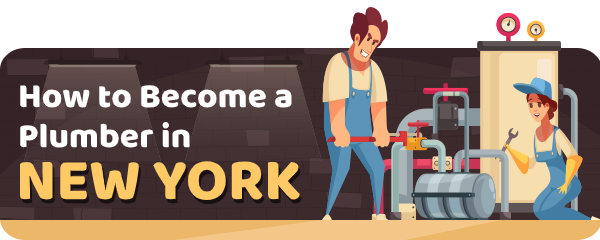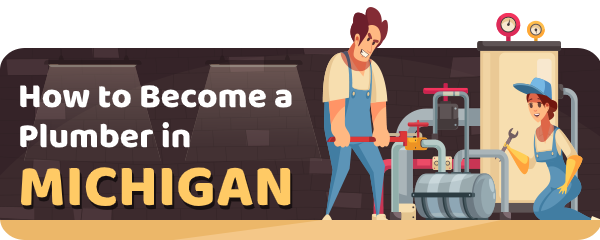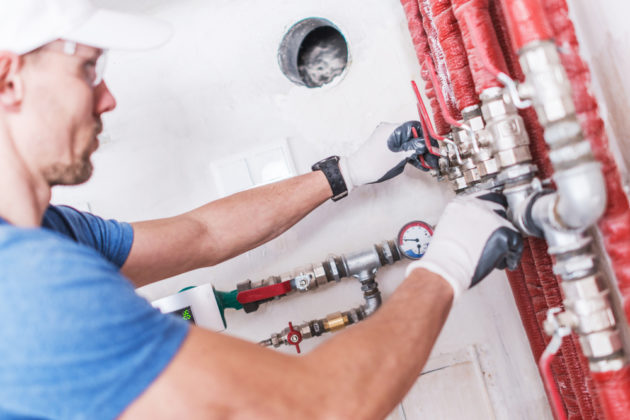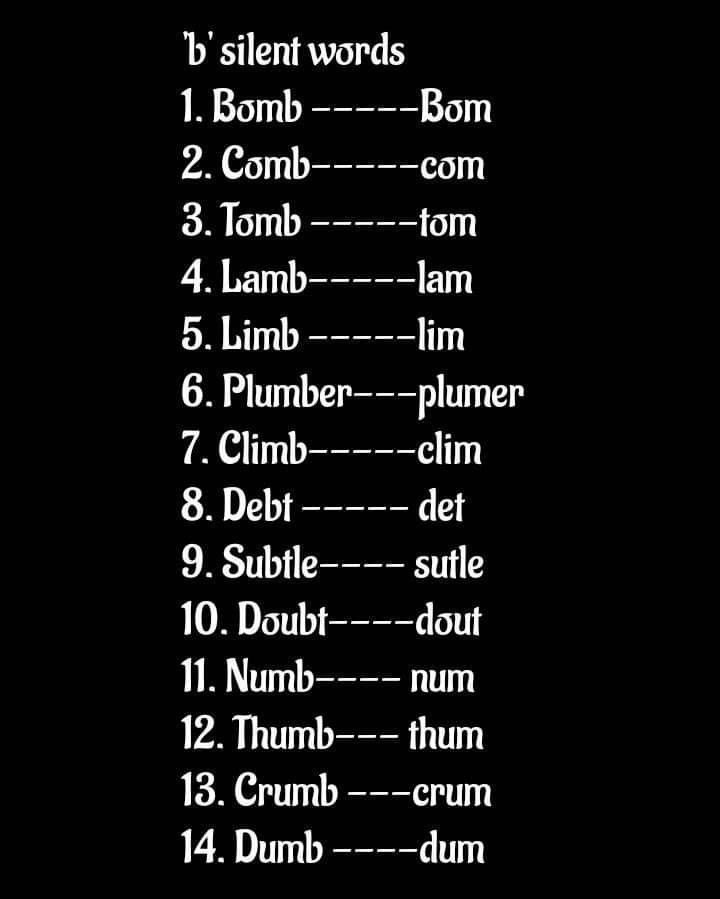How Long Does It Take To Be A Plumber?
A plumber is an essential service provider in any home or business. It takes a significant amount of education, experience, and training to become a skilled and certified plumber. The length of time it takes to become a plumber varies depending on the route an individual takes to obtain certification. Generally, it takes three to five years to become a plumber, depending on the type of program and certifications sought. This includes completing an apprenticeship program, gaining relevant experience, and passing a licensing exam. With an increasing demand for plumbers, those with the proper certifications and experience can look forward to a rewarding career in plumbing.
Qualifications and Training Requirements for Becoming a Plumber
Becoming a plumber requires a combination of qualifications, training, and experience. To become a fully qualified plumber, it is essential to possess the necessary qualifications, including both academic and practical certifications. With the right qualifications, aspiring plumbers can begin their training, which includes apprenticeships and specialized courses that teach the skills and knowledge needed to excel in the trade. After training and apprenticeships, plumbers can then obtain practical experience by working under the supervision of a professional plumber. With the right qualifications, training, and experience, a plumber can become an expert in the plumbing industry, capable of fixing and maintaining a wide range of plumbing systems.
Benefits of Being a Plumber
Being a plumber comes with a lot of benefits. For starters, you can enjoy the satisfaction of helping people in need and providing a valuable service to the community. You can also make a great living doing something you enjoy. With the right training and experience, plumbers have the opportunity to earn a good salary and steady income. As a plumber, you also get to work with a variety of tools and equipment that can help you develop new skills. And, because plumbing is an essential service, you can find plenty of job stability and security. With plumbing, you can also enjoy the freedom of being your own boss and the flexibility of setting your own hours. All in all, becoming a plumber is an excellent career choice.
What Does a Plumber Do?
A plumber is a professional tradesperson responsible for maintaining and installing water systems and fixtures in residential and commercial buildings. Plumbers have the critical job of ensuring that the water supply and drainage systems are functioning correctly and safely. They are also responsible for the installation and repair of water heaters, pipes, fixtures, and other plumbing systems. Plumbers are essential to keeping our homes and businesses safe and comfortable by providing clean, potable water and ensuring that wastewater is safely and effectively removed. Plumbers play an important role in keeping our nation’s infrastructure in good working order.
Salary Expectations for Plumbers
Plumbers are responsible for a wide range of tasks related to the installation and maintenance of plumbing systems. As plumbing is a highly specialized field, salaries for plumbers can vary significantly depending on experience and location. Generally, plumbers can expect to make good money, and many experienced plumbers are able to command salaries above the average. Salaries may vary from state to state, but in general, experienced plumbers earn higher salaries than those just starting out in the profession. Plumbers may also be able to increase their earnings by taking on additional responsibilities such as teaching, consulting, or working in a supervisory role. Additionally, plumbers can benefit from the wide range of career options available in the plumbing industry, including opportunities to work with new technologies, specialize in a particular area, or become self-employed. With the right educational background, skills, and experience, plumbers can look forward to a rewarding and financially secure career.
Challenges of Being a Plumber
Being a plumber can be a challenging job. It requires the knowledge and skill to work with a variety of materials to complete projects. From installation and maintenance to repair and replacement, plumbers must be adept in a variety of plumbing techniques. Additionally, a plumber must be able to troubleshoot problems quickly and accurately to ensure the safety and satisfaction of their customers. Plumbers must also be familiar with different types of plumbing fixtures and appliances, as well as the building codes and regulations that govern them. In some cases, plumbers must also be knowledgeable in the latest technology and trends in the industry. From advanced tools and equipment to the latest innovations, plumbers must stay up to date on the latest advancements to ensure they are providing the best work possible. Being a plumber is not for the faint of heart, but it can be a rewarding career for those who have the skills and determination to succeed.
What Are the Job Prospects for Plumbers?
Plumbers are an essential component of any construction or maintenance project, providing vital services to both residential and commercial customers. With the right qualifications and experience, the job prospects for plumbers can be quite lucrative. Plumbers are capable of tackling a wide range of tasks, ranging from installing new pipes and fixtures, to repairing broken fixtures and pipes. Plumbers are also responsible for inspecting, diagnosing, and repairing plumbing systems, including sewer lines, water heaters, and other related systems. With the right tools, experience, and certifications, plumbers can gain access to a range of challenging and rewarding job opportunities. With the right attitude and commitment, plumbers can make a successful career out of their trade.
FAQs About the How Long Does It Take To Be A Plumber?
1. How long does it typically take to become a licensed plumber?
Answer: The amount of time it takes to become a licensed plumber varies by state, but typically it takes between two and four years of apprenticeship or post-secondary training, passing a licensing exam, and having relevant experience.
2. Are there any prerequisites to becoming a plumber?
Answer: Depending on the state, there may be certain prerequisites such as passing a drug test, providing a criminal background check, and/or having a high school diploma or GED. It is important to check the requirements for the state in which you wish to become a licensed plumber.
3. What is an apprenticeship and how can I become one?
Answer: An apprenticeship is a hands-on training program where an experienced plumber mentors a student plumber over a period of time. Apprenticeships are typically organized through labor unions or trade organizations and involve a combination of paid on-the-job training and classroom instruction. To become an apprentice, you typically need to apply to the relevant organization and meet the eligibility criteria.
Conclusion
Becoming a plumber is a commitment that requires dedication and hard work. It can take several years of study and experience to become a licensed plumber. Those who are interested in becoming a plumber should expect to spend time in classrooms, apprenticeships, and hands-on training. Furthermore, it is important to stay up-to-date on the latest plumbing regulations and industry standards to ensure that your work is up to code. With the right dedication and effort, becoming a plumber can be a rewarding and lucrative career.







